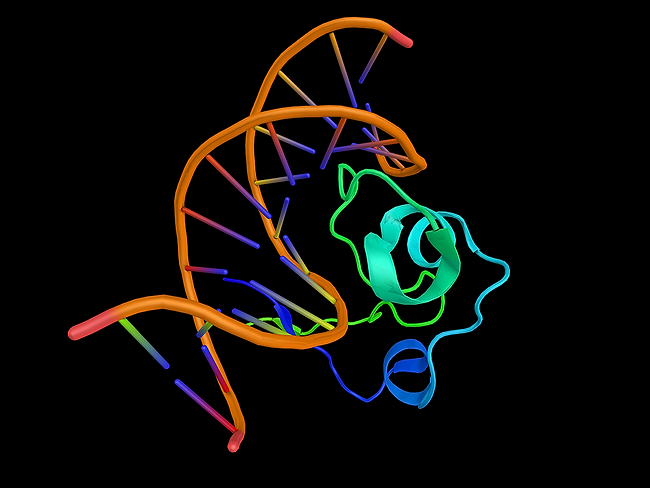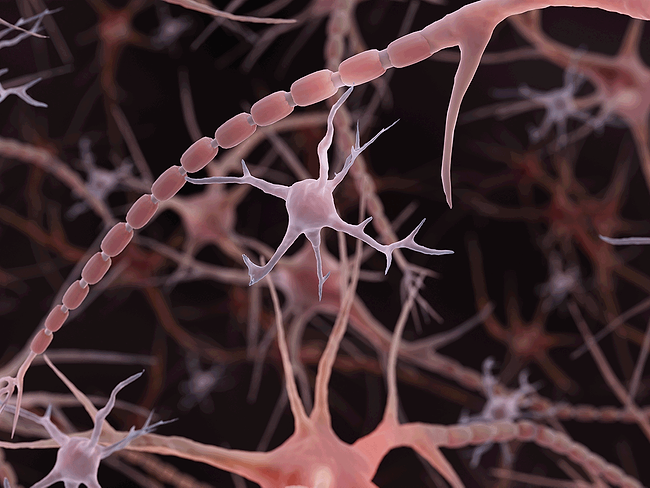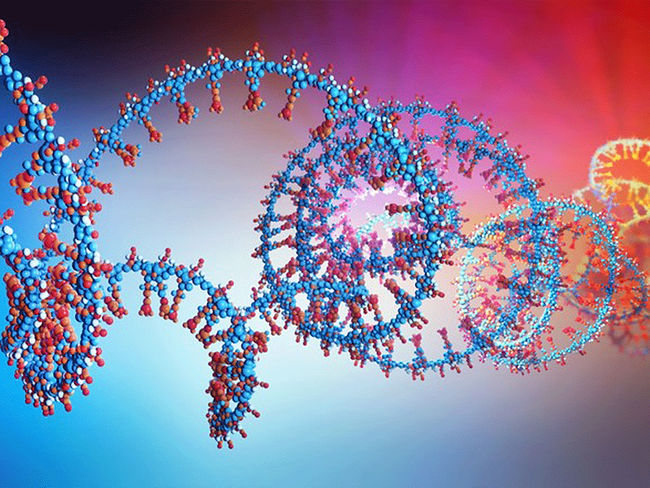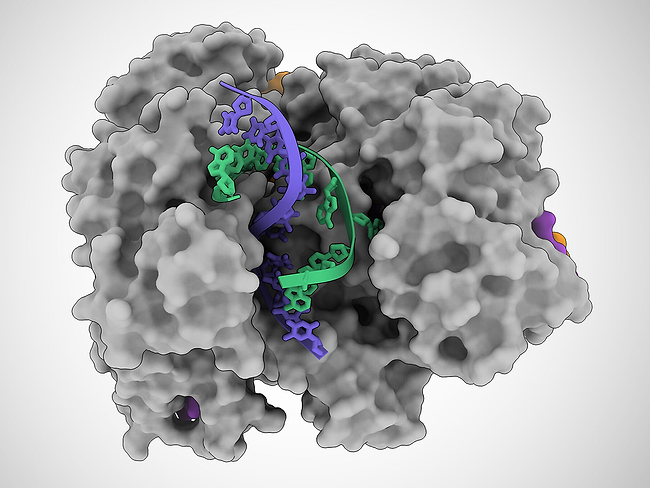
Drug design, drug delivery and technologies
Drug Design, Drug Delivery & Technologies
Model transforms zinc finger design into 'push-button' technology
Read MoreDrug Design, Drug Delivery & Technologies
Genkore establishes collaboration on in vivo gene editing therapies
Read MoreDrug Design, Drug Delivery & Technologies
Cas12a2 elicits abortive infection and can be repurposed as an RNA-guided RNA-targeting tool
Read MoreDrug Design, Drug Delivery & Technologies






